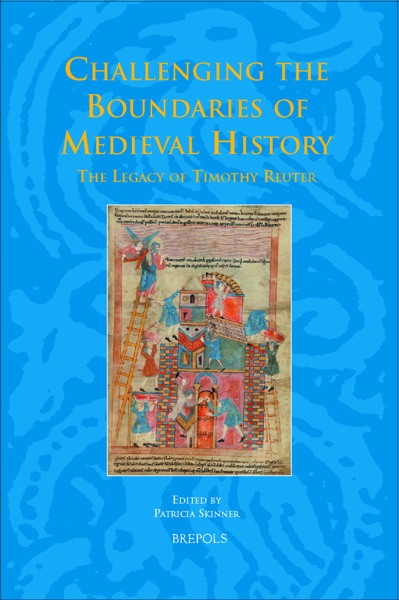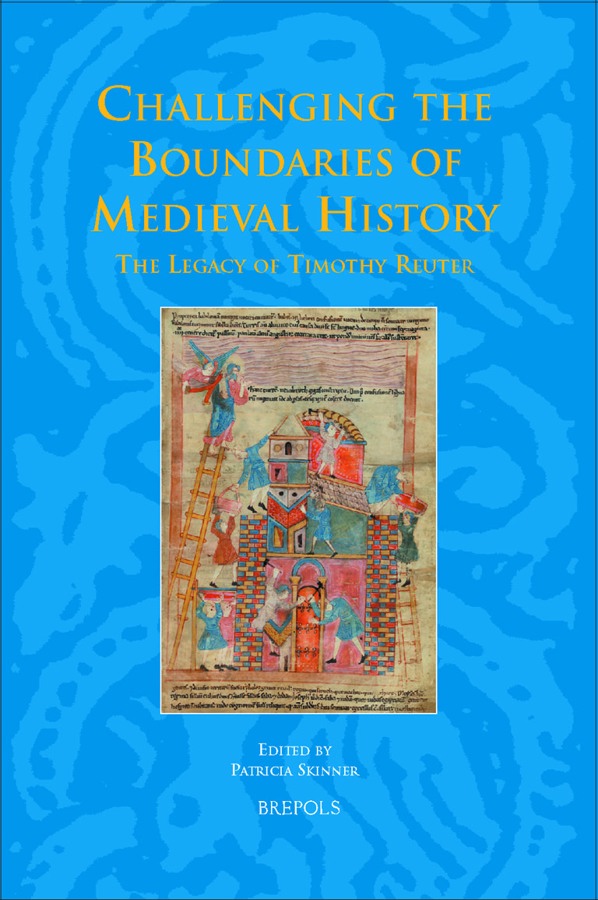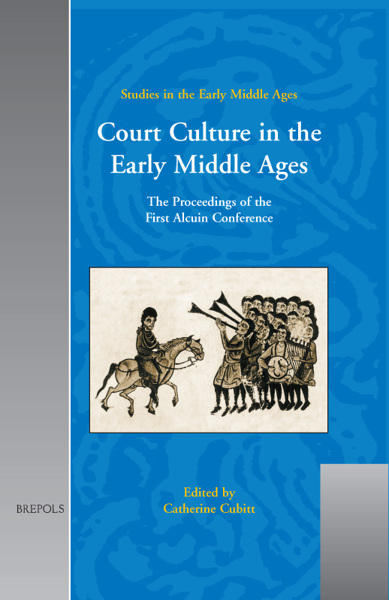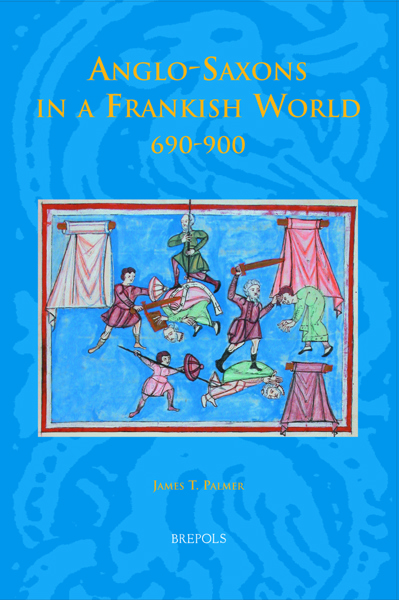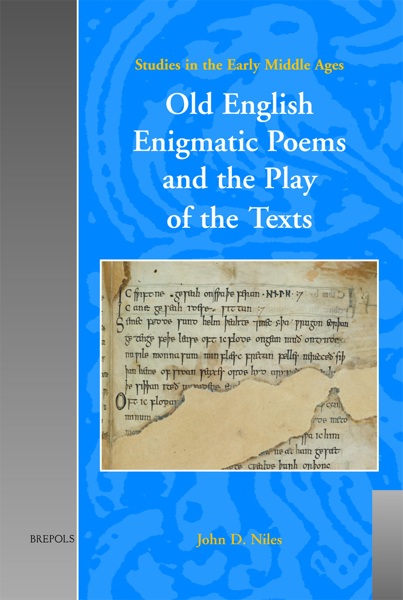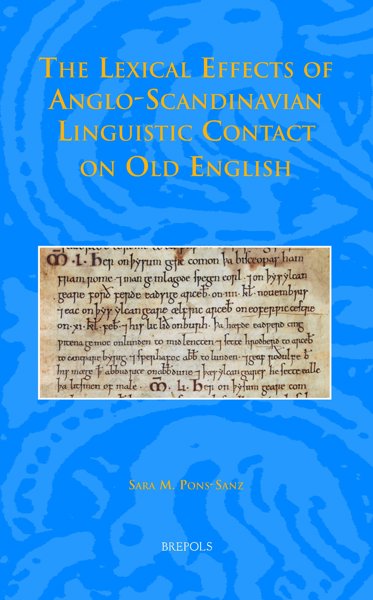
- Pages: viii + 208 p.
- Size:156 x 234 mm
- Language(s):English
- Publication Year:2010
- € 65,00 EXCL. VAT RETAIL PRICE
- ISBN: 978-2-503-52359-0
- Hardback
- Available
- € 65,00 EXCL. VAT RETAIL PRICE
- ISBN: 978-2-503-53869-3
- E-book
- Available
Dedicated to Prof. Reuter's memory and in some cases directly continuing his work, this is a collection of essays that shows medieval historians at work, questioning and reflecting on their practice.
"Together these papers are a fitting tribute to Tim Reuter. And for medievalists looking for a dissertation topic, this book is exceptionally rich in suggestions." (T. F. X. Noble, in: The Medieval Review, 11.02.12)
"It stands as a fine tribute to the value and legacy of his [Tim Reuter's] scholarship." (John W. Bernhardt, in: Early Medieval Europe, 2012, N° 20 (1), p. 106-108)
Problems in Doing Comparative History - Chris Wickham
Charlemagne and the Paradoxes of Power - Janet L. Nelson
The Politics of Rebellion: The Aetheling Aethelwold and West Saxon Royal Succession, 899–902 - Ryan Lavelle
Reading Ottonian History: The Sonderweg and Other Myths - David A. Warner
The King as Judge: Henry II and Frederick Barbarossa as Seen by their Contemporaries - Björn Weiler
The Ideology of the Tenth-Century English Benedictine ‘Reform’ - Julia Barrow
From Pisa to the Patriarchate: Chapters in the Life of (Arch)bishop Daibert - Patricia Skinner
Editing a Medieval Text: The Case of Nicholas of Clairvaux - Lena Wahlgren-Smith
Timothy Reuter and the Edition of Wibald of Stavelot's Letter Collection for the MGH - Martina Hartmann
